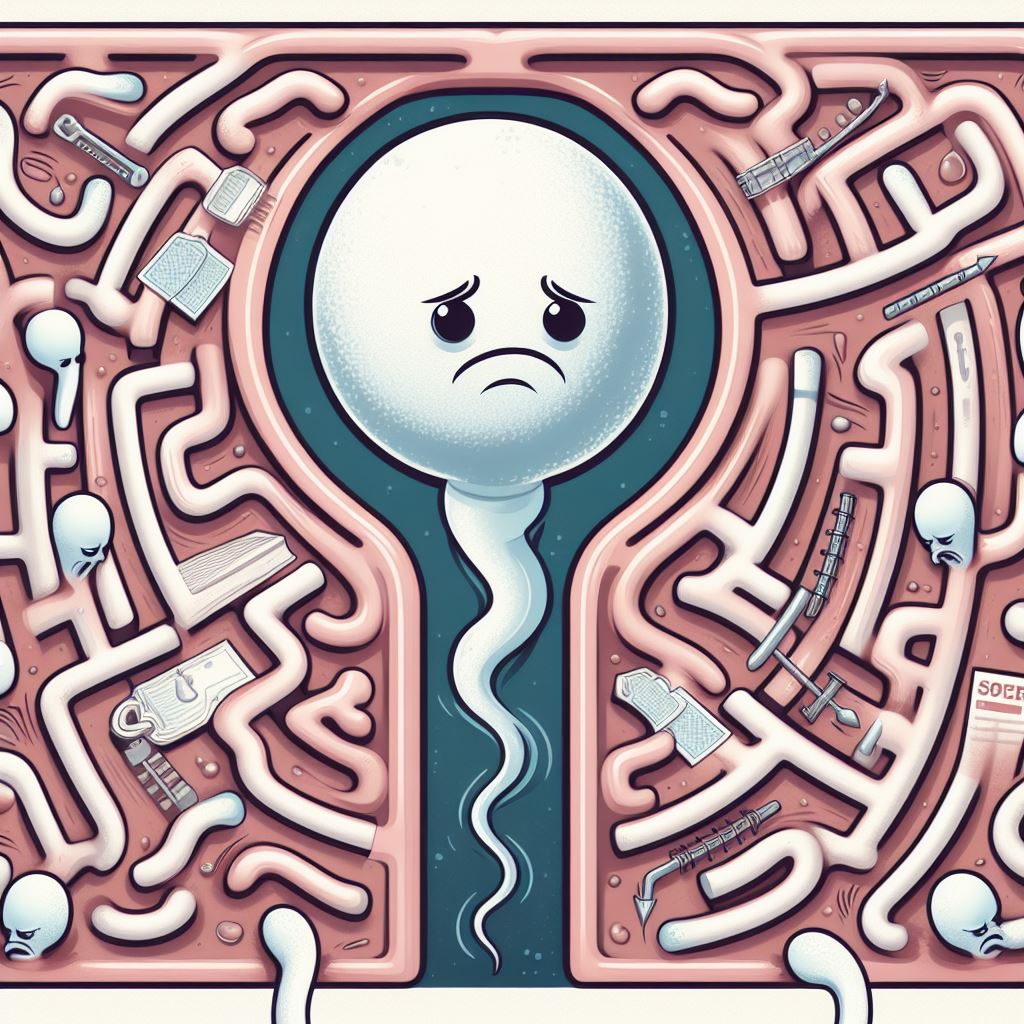Infertility can be a challenging journey for many couples aspiring to start a family. While the focus often tends to be on female infertility, male infertility is equally prevalent and can significantly contribute to difficulties in conception. Understanding the causes and risk factors associated with male infertility is crucial for addressing and managing this often overlooked aspect of reproductive health.
The Landscape of Male Infertility:
- Sperm Quality and Quantity: Male infertility is often linked to issues with sperm quality and quantity. Factors such as low sperm count, poor sperm motility, and abnormal sperm morphology can hinder the ability of sperm to reach and fertilize the egg.
- Genetic Factors: Genetic abnormalities can play a significant role in male infertility. Conditions like Klinefelter syndrome, Y chromosome deletions, and certain gene mutations can affect sperm production and function.
- Varicocele: Varicocele, a condition characterized by the swelling of veins in the scrotum, can lead to overheating of the testicles. Elevated temperatures in the testes can impair sperm production and quality, contributing to infertility.
- Hormonal Imbalances: Hormones play a crucial role in reproductive health. Imbalances in hormones such as testosterone, follicle-stimulating hormone (FSH), and luteinizing hormone (LH) can impact sperm production and overall reproductive function.
Lifestyle and Environmental Factors:
- Smoking and Substance Abuse: Tobacco and substance abuse have been linked to decreased sperm count and motility. Understanding the detrimental effects of these habits on male fertility is essential for couples trying to conceive.
- Poor Diet and Obesity: A diet lacking essential nutrients can impact sperm quality. Additionally, obesity is associated with hormonal imbalances and can negatively affect fertility.
- Occupational and Environmental Exposures: Certain occupations that involve exposure to harmful chemicals, radiation, or high temperatures can contribute to male infertility. Awareness and protective measures in such environments are crucial.
Psychological Factors:
- Stress and Mental Health: Mental health can play a role in male fertility. Chronic stress and mental health disorders can affect hormone levels and sperm production. Addressing psychological well-being is a vital aspect of holistic fertility management.
- Sexual Dysfunction: Conditions like erectile dysfunction and premature ejaculation can hinder successful conception. Open communication and seeking professional help for sexual health issues are essential for overcoming these challenges.
Seeking Solutions:
- Medical Interventions: Medical interventions such as assisted reproductive technologies (ART) and fertility treatments can offer solutions for couples facing male infertility. In vitro fertilization (IVF), intracytoplasmic sperm injection (ICSI), and other advanced techniques can help overcome specific fertility challenges.
- Lifestyle Modifications: Adopting a healthy lifestyle can significantly improve male fertility. This includes maintaining a balanced diet, regular exercise, avoiding harmful substances, and managing stress.
- Genetic Counseling: In cases where genetic factors play a role, genetic counseling can provide valuable insights. Understanding the genetic aspects of infertility can guide decisions on family planning and fertility treatments.
Conclusion:
Addressing male infertility requires a comprehensive understanding of its diverse causes and risk factors. By unraveling the enigma surrounding male reproductive health, couples and healthcare professionals can work together to develop tailored solutions and increase the chances of successful conception. Through a combination of medical interventions, lifestyle modifications, and emotional support, unlocking the secrets of male infertility becomes a shared journey towards building healthy families. If you are looking for Male Infertility Treatment in Mumbai, Kayakalp International can help you.




